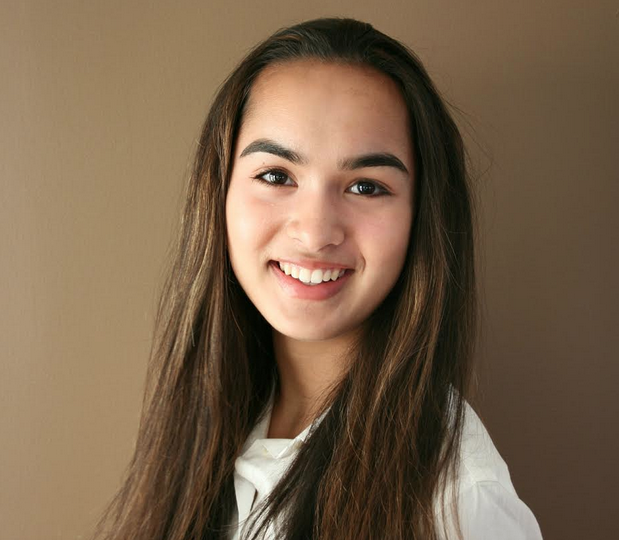Student masters “legal hacking”
Amelia Kawasaki calls it “perfectly legal hacking.” She and her team have proved to be good at it, winning fourth place nationally among a group of 31 teams at a recent cybersecurity online competition.
The September competition tested the team’s cybersecurity knowledge with a series of rigorous problems. Winning teams received money, scholarships and internship opportunities.
“Everyone on the team is really interested in computer security and it makes for a great learning atmosphere among the five of us,” the Lincoln sophomore said.
Over the summer, Kawasaki participated in an internship through the Apprenticeships in Science and Engineering Program run by Saturday Academy. The internship was designed to introduce high school students to cybersecurity, which she describes as “a broad term for keeping computers, networks, digital information and privacy secure.” She formed the team with other high school students there.
Kawasaki discovered her passion for technology when her dad, a technician consultant, encouraged her to join the West Sylvan Middle School Coding Club.
“The coding club was my first big experience writing actual programs in computer languages,” she said. “Other than that, my father just always had computers around, but he didn’t ever push me hard to explore computers.”
At age 14, Kawasaki is the youngest on her team, but she may be the most experienced. Her dad introduced her to computers at an early age, and her coding club experience provided an abundance of technology information.
On the day of her first competition, disaster struck: Two team members couldn’t attend. To make matters worse, the competition launched at 7 a.m. Eastern Time, 4 a.m. in Portland. The Portland team didn’t start competing until 11a.m., costing them points.
“We didn’t realize, that we would have a chance at being in the top five, otherwise we probably would have started earlier,” Kawasaki said.
The experience was positive, she said, but a bit intense.
“We were trying to get more points up to the last minute and we missed solving a challenge by about a minute over the time limit,” she said.
As President of the Lincoln Coding Club, Kawasaki has applied her skills in several ways outside of her competitions. Along with her other club members, Kawasaki helped develop an app that allowed Lincoln students to purchase dance tickets more efficiently. She has also competed in the Oregon Game Project Challenge, hosted a coding camp and attended a Smart Cities Hackathon.
Looking ahead, she plans on participating in several more competitions. She is also enthusiastic about what’s in store for the rest of the year at Lincoln.
“Lincoln definitely has opportunities to explore computer technology,” Kawasaki said. “The opportunities will only grow, now that the computer science curriculum is expanding here.”

